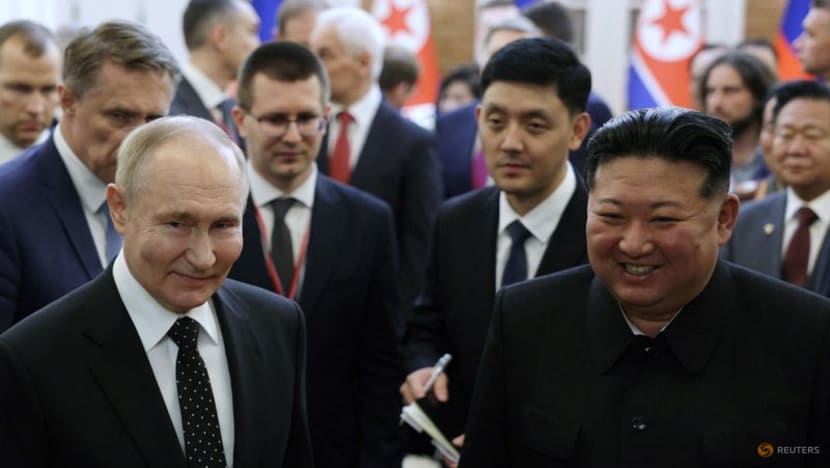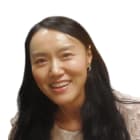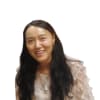Commentary: Putin-Kim meeting generates surprising agreement about China in South Korea
The meeting between Russia’s Vladimir Putin and North Korea's Kim Jong Un has generated less concern in South Korea than internationally – and a surprising consensus about China, say Erik Mobrand from Seoul National University and Hyejin Kim from National University of Singapore.


This audio is generated by an AI tool.
SEOUL: Russian President Vladimir Putin’s visit to North Korea this week has grabbed headlines in international media, as a step toward consolidating an authoritarian bloc against a Western democratic grouping.
But the view from South Korea is more nuanced than international coverage might have us think.
After all, while Mr Putin was lavishly welcomed by Kim Jong Un on Wednesday (Jun 19), President Yoon Suk Yeol was announcing a national emergency - over low birth rates, not defence or foreign relations.
The meeting was not exactly a huge cause for concern in South Korea. Both progressive and conservative voices in local media have concurred that there are factors tempering worry.
For the conservative paper Donga Ilbo, this friendship between “gangster states” cannot last long. The warm relations are for present convenience, offering support to Moscow’s war campaign in exchange for much-needed international business for Pyongyang; the prospects for enduring friendship are dim.
Another report noted general agreement among experts that there was "almost no possibility that, for the sake of the war in Ukraine, Russia selects North Korea and cuts diplomatic ties with South Korea". The trade volume between South Korea and Russia in 2023 stood at 500 times that between North Korea and Russia. In other words, economic interdependence gives Seoul the trump card in dealing with Moscow.
SURPRISING CONSENSUS ON CHINA ENGAGEMENT
That said, Seoul will not and should not take its eye off the Putin-Kim relationship.
A first concern is about security obligations between North Korea and Russia. The two countries signed a mutual support agreement on Wednesday, that might oblige them to come to each other’s defence in the event of war. It is this point that gives concern in South Korea, especially to progressives, as it would entwine Korean peninsula matters in wider conflicts.
A second concern is that Russia could share weapons technology with North Korea. For example, the transfer of missile technologies could allow North Korean long-range missiles fitted with nuclear warheads to reach the continental United States. This point, made by conservative voices, is a call for American support.
What should Seoul do in response? Here, there is a surprisingly high degree of agreement across South Korean perspectives.
While stressing the US alliance as the core of any response, there is something of a consensus on the next priority as well. Progressives and conservatives agree that South Korea’s diplomacy toward China is crucial.
The current conservative government has distanced the country from China, at least in speeches. The tone this week from voices that normally support the Yoon administration is different, calling for more strategic communications with China to remind it that tight partnership between Russia and North Korea could be destabilising in the region.
There is a historic precedent here. When tension on the peninsula boiled over in 1950, and with Soviet support for Pyongyang’s invasion of the South, China eventually found itself pressured to intervene in a major military confrontation. South Korea knows that leaders in Beijing will not be relishing the idea of Moscow causing instability in its backyard.
SEOUL PLAYS DIPLOMATIC GAME WITH PRAGMATISM
The emphasis on China - across the political spectrum - reflects the pragmatism in South Korea’s external engagement today. The story told increasingly from Washington of an “us” and “them” world sits awkwardly in Seoul, even if the president and foreign ministry mimic that language from time to time.
For decades now, South Korea has enmeshed itself in economic and diplomatic ties around the world. Under the liberal world order, that was the game and Seoul played it well. The treaty alliance with the United States is a foundation of South Korean security, but it has not been taken as a determinant of who the East Asian nation’s friends and partners would be.
This view has been seen in South Korea’s response to Russian military aggression in Ukraine. Unlike in Europe and in North America, in South Korea Russia’s war in Ukraine is not treated by all as a threat to global democracy.
An interest in maintaining trade relations with Russia has been one basis for this view. Another argument is that this war is not Korea’s: Getting involved can feel like being pushed around by Americans and ceding yet more control over foreign relations.
Seoul has sent non-lethal equipment and humanitarian assistance to Ukraine but has so far not broken its policy against supplying weapons to an active military confrontation. On Thursday, South Korea said it would reconsider providing weapons.
A MISSED OPPORTUNITY
In this view, Mr Putin’s visit reflects a missed opportunity, for South Korea, for North Korea, and for the wider region. If only Washington and Seoul had worked a bit harder to foster dialogue with Pyongyang, then perhaps the overture from Moscow would not have been the international opening for Mr Kim.
In Seoul, there is disappointment at the Russian visit to Pyongyang even if the diagnoses differ. Some lay blame at the feet of the North Korean leadership and its partners. Others see the causes as more complex, with American and South Korean leaders also called out for taking antagonising postures that foster a charged, ideological and Cold War-like tension.
But indignation is not the overwhelming reaction in South Korea. The views are subtler and call for caution in deciding Seoul’s next moves.
For better or worse, South Koreans are not on a crusade.
Erik Mobrand is Professor of Korean Studies at the Graduate School of International Studies, Seoul National University. Hyejin Kim is Senior Lecturer of political science at the National University of Singapore.



















